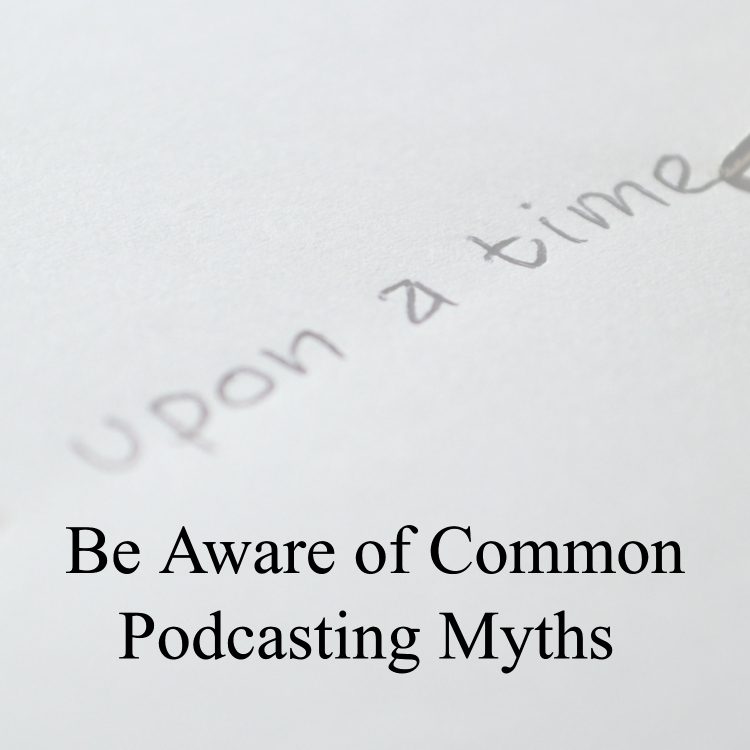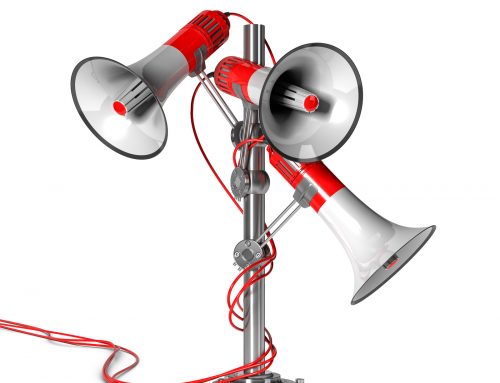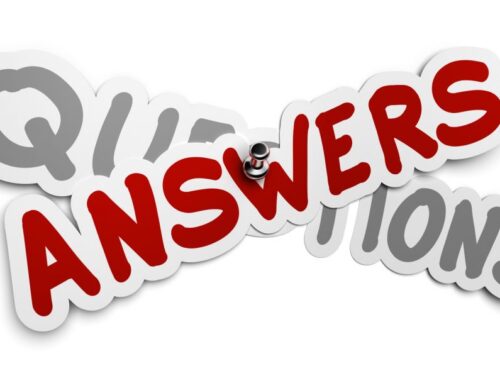
As more people become interested in podcasting, the podcasting myths and misconceptions about the industry easily come to light. Especially from a Google search on podcasting while researching how to podcast.
And these podcasting myths continue to plague those who are creating podcast content as well.
Some of the common podcasting myths you need to scroll right past in your research and podcast preparation are:
Myth: Voice Acting Is The Most Important Thing In A Podcast
Voice acting is not the most important thing in a podcast, contrary to popular opinion. A genuine voice, and clear, thought out presentation will beat out a polished, over-the-top, un-relatable voice every time.
A single podcast is made up of efforts put forth by sound engineers and audio designers, podcast producers, content curators, marketing managers, distributors and voice actors.
Each role has its own place in the industry, with their own levels of importance.
In the case of podcasts, it is actually the sound engineer/audio designer that has the greatest responsibility. They are responsible for refining the quality of sound in the podcast.
Myth: Podcasts Are For Geeks Or Nerds
There are many podcast listeners who use podcasts as a way of learning. And during podcasting’s early days, most of the podcast content generated was around computers, software, and apps, today there is something for everyone.
Podcasts cover a wide variety of genres that include education, news, humor, audio drama and much more.
Myth: Podcasts Are Just For Entertainment
The variety of podcasts genres includes entertainment, but also delves into sectors like finance, investments, news, sports and more.
Many podcasts are hosted by personalities that are highly respected in their field of work. This can be the biggest draw for listeners, to have a unique opportunity to learn from these experts and authorities week after week.
Myth: It Is A Version Of Radio
Podcasts and radio are very different, though both are based in audio. Radio is a traditional broadcast medium of mass communication, with a pre-set, fixed schedule.
Podcasts on the other hand, generally have no set schedule. Podcasts are in the form of digital audio files that listeners can download or stream. This makes them closer to OTT platforms (think Netflix or Hulu) with content when and where you want to consume it.
Radio content is generally live. Once it’s broadcast, you can’t listen to it again. Podcast content has a much longer life, as there is no time constraint on when people can listen to podcast episodes.
Myth: Podcasts Compete With Radio
Many podcast listeners, podcasters, and those who work in the radio industry, believe podcasts are in competition with radio. The only competition is for the share of ear time, where both are vying for the economics of our time as audio consumers.
This myth continues due to the broadcast industry, for the most part, in my opinion.
But podcasts are their own category and appeal to a specific audience. These listeners subscribe to these podcasts because of genuine interest in the content. Radio and podcasts can work together to bring quality audio content, and continue the audio listening growth that podcasting has spurred on in the last decade.
Myth: The Guest Is More Important Than The Host Of The Podcast
As many podcasts continue to grow in popularity due to an unknown host but big name guests, the broadcast industry cannot come to recognize that their on-air talent isn’t the only pool of talented people that can interview big name guests.
But the true star of a podcast is the host, as they are THE content curators of the podcast.
They have the most responsibility to create an interview podcast that generates enough interest in podcast listeners to share that podcast episode, talk about the episode with friends, and tune in for future episodes.
A guest can help surge that listenership for a short duration, but the host keeps the listenership coming back constant.
Circle 270 Media™ Podcast Consultants are working with new companies every month who are progressively implementing podcasting into their overall marketing strategy. Our focus is to make sure their content matches their company branding and culture.
Let’s talk about what podcasting can do for your business. Whether your B2C or B2B, we can create a content marketing strategy that will work for you.




